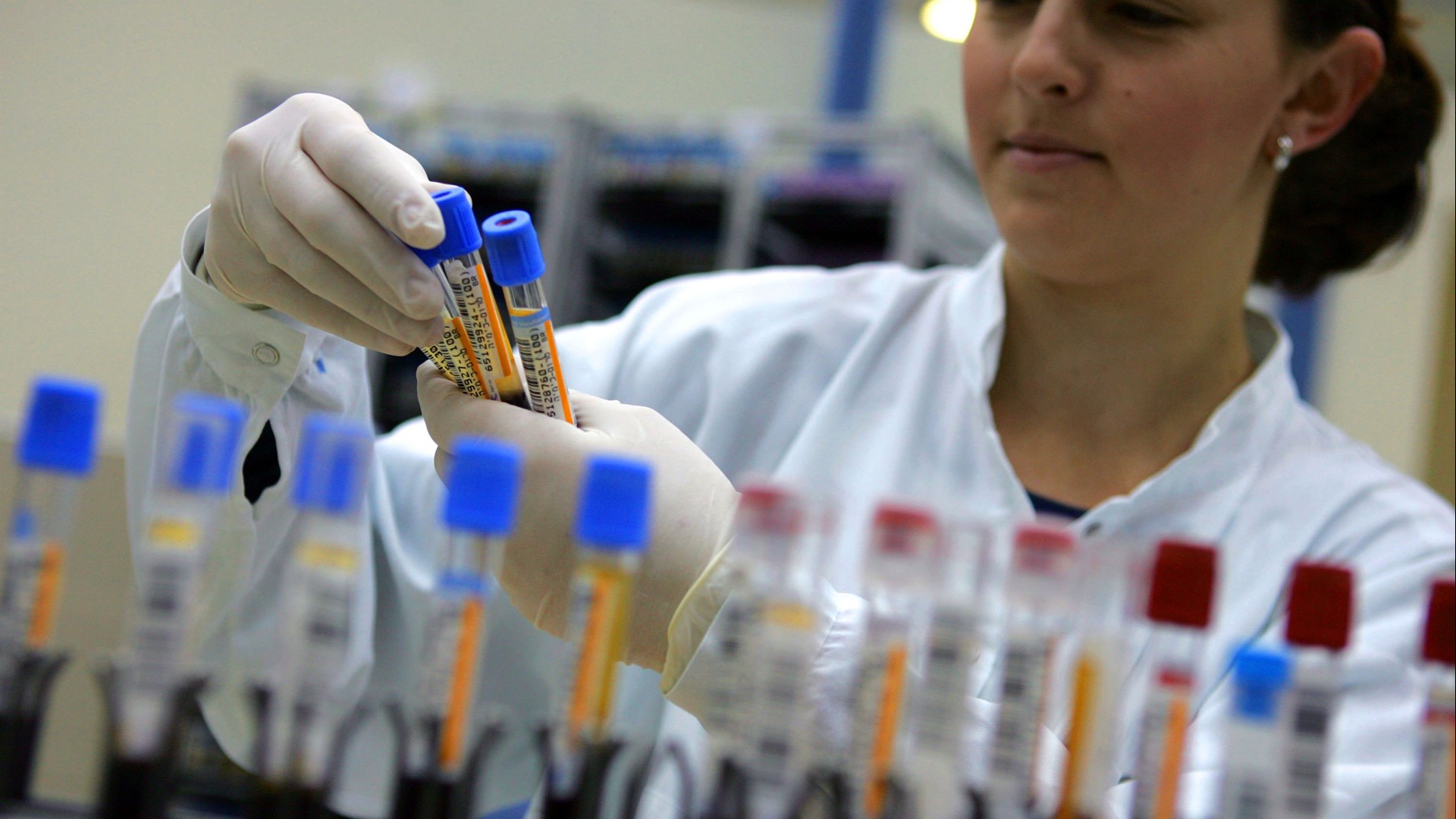ATLANTA — The healthcare industry is grappling with the long-term effects of what is now considered the longest government shutdown in U.S. history.
“We don’t want to lose one minute, let alone many weeks in our fight against difficult diseases, such as cancer,” said Dr. Curran, the executive director of Emory’s Winship Cancer Institute in Atlanta.
It is day 25 of the partial government shutdown, and health experts say it’s putting some drug developments at risk. The U.S. Food and Drug Administration (FDA), which approves new drugs, is partially closed.
Vanderbuilt public health expert Dr. William Schaffner said the FDA delays will create a loss for many.
“I’m more concerned about the patients who, if the drug is not improved, will not benefit from the scientific advances,” Schaffner said.
The National Cancer Institute (NCI) is fully-funded through this fiscal year – which is good news for the Winship Cancer Institute. Curran said the NCI’s support is crucial to fighting cancer in Georgia. However, he worries that any pause in new drug approvals could come with long-term effects.
“All the grants they give to groups like the Winship Cancer Institute, all the reviews of ideas we have – their panels will continue to operate as normal at this time,” Curran said. “Obviously, down the road, those patients will not benefit from those scientific advances and that’s not something we want to slow down.”
The FDA gets its funds through appropriations and user fees which partially come from private industries such as pharmaceuticals. However, that funding is also at risk because the FDA isn’t accepting user fees for the next fiscal year until the shutdown ends.

